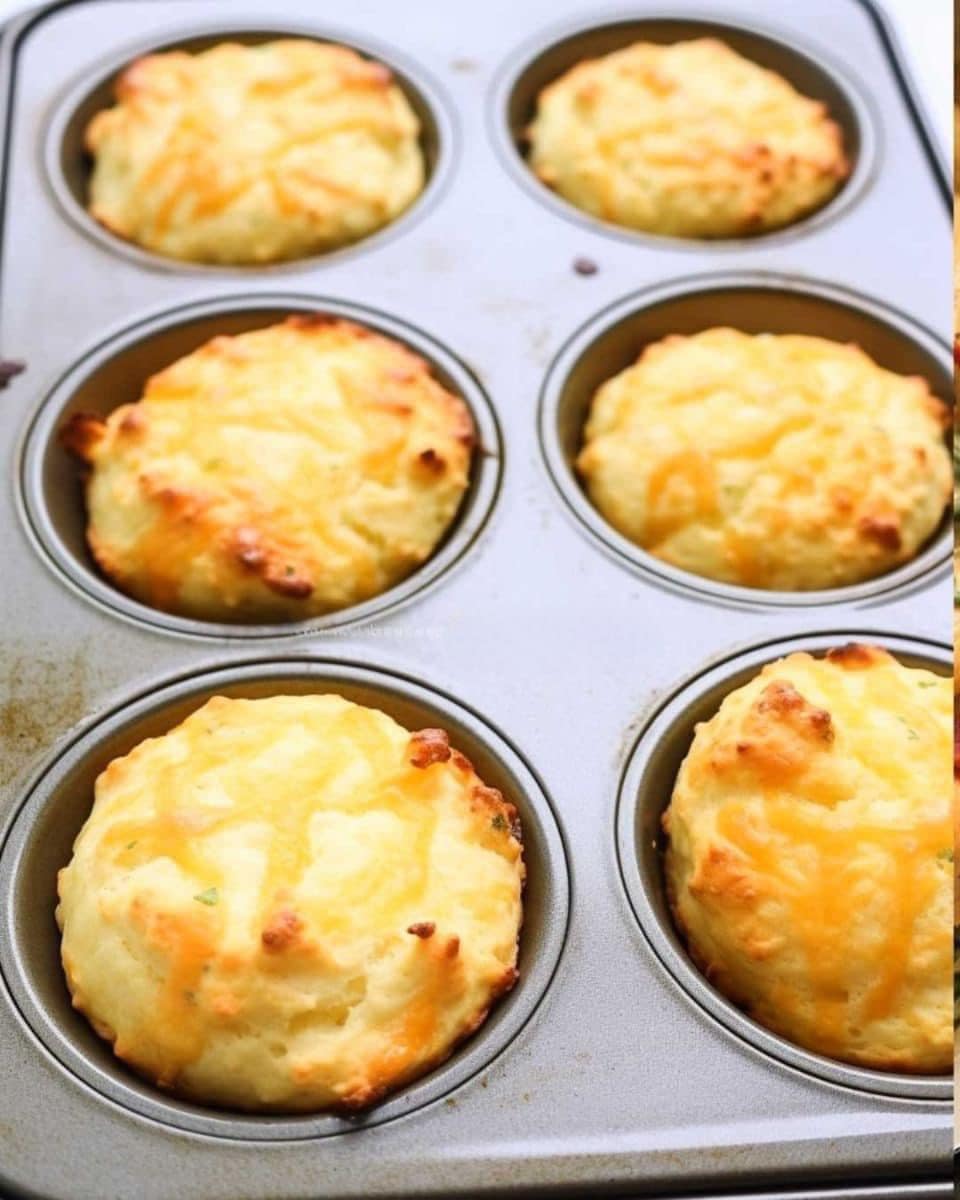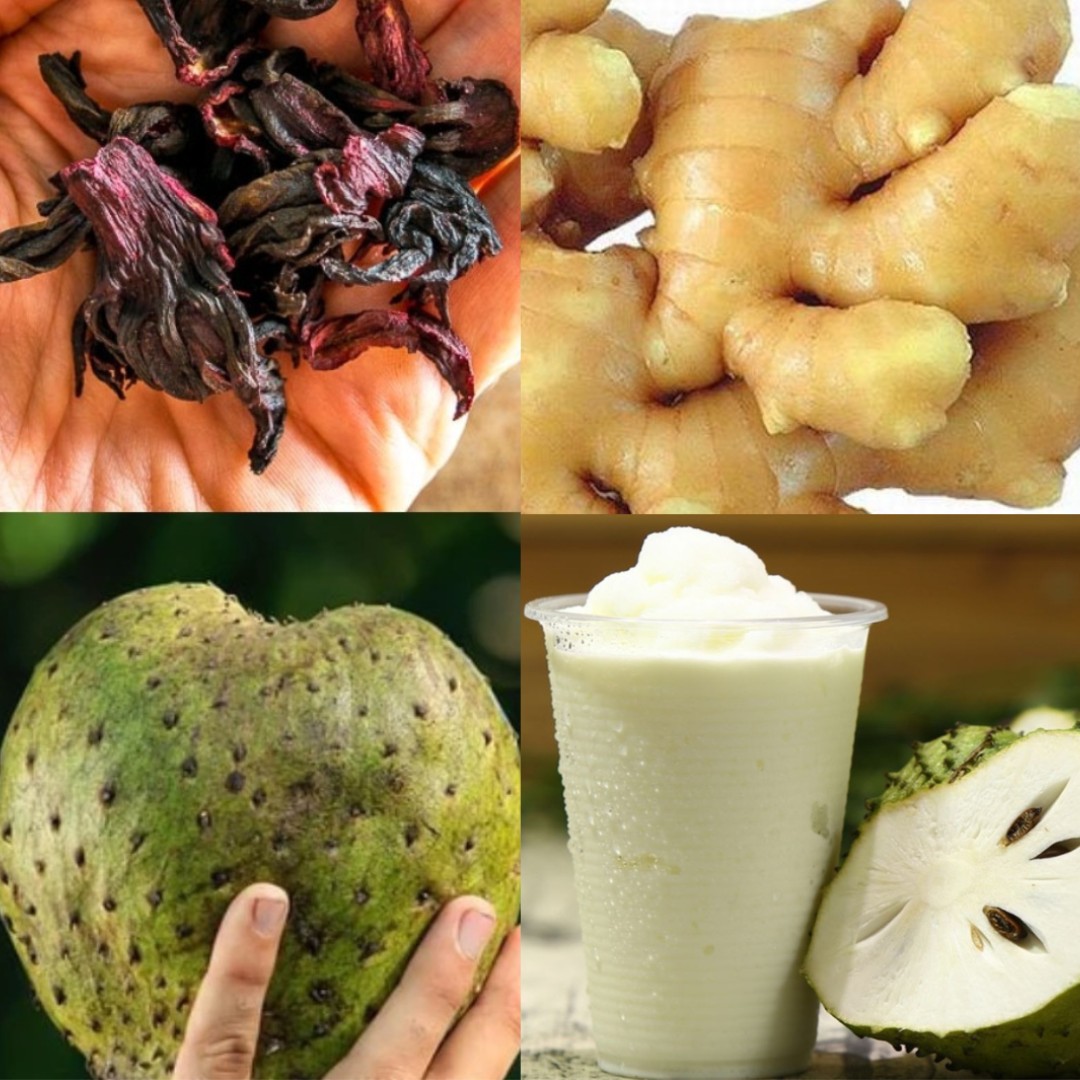Honey has been a beloved natural sweetener for thousands of years. From ancient medicinal texts to modern kitchens, it is praised for its soothing qualities, natural sweetness, and even its potential health benefits. It’s common to add honey to tea—not just for flavor but also for comfort, especially when fighting a cold or sore throat.
Yet, a rumor has circulated that adding honey to hot tea might be toxic. This claim sounds shocking, even absurd, as honey is widely regarded as a natural health food. Could this sweetener, so often associated with wellness, actually be harmful when combined with tea? Let’s explore the science, myths, and facts behind this idea.
Honey in Tea: A Beloved Combination
Millions of people around the world enjoy honey in tea daily. The reasons are simple:
- Natural Sweetener – Unlike refined sugar, honey is an all-natural product with trace minerals, antioxidants, and unique flavors.
- Soothes the Throat – Warm tea with honey is a classic home remedy for sore throats, coughs, and colds.
- Supports Digestion – Honey has mild antibacterial properties and may aid digestion when consumed in moderation.
- Better Than Sugar – For those looking to reduce processed sugar intake, honey is often considered a healthier alternative.
On paper, adding honey to tea seems like a perfect pairing. But this is where the rumors about toxicity emerge.
The Rumor: Heating Honey Makes It Toxic
Some sources claim that heating honey—particularly above certain temperatures—can make it toxic. The reasoning behind this stems from the idea that heat can alter honey’s chemical composition, potentially producing compounds that could harm health.
The most frequently cited concern is a compound called HMF (Hydroxymethylfurfural). HMF is formed naturally when sugars in honey break down due to heat or storage over time. High levels of HMF can theoretically be harmful if consumed in large quantities, though typical dietary exposure from tea is extremely low.
What Science Says About HMF
- HMF is found in many foods, including coffee, dried fruits, and baked goods—not just honey.
- Studies suggest that normal culinary use of honey, such as adding it to warm tea, produces HMF levels far below any threshold considered harmful.
- The concern over toxicity mostly applies to overheated honey, such as when it is boiled or exposed to very high temperatures for long periods.
So, in practice, adding honey to a cup of tea—where water temperature is usually between 60°C to 85°C (140°F–185°F)—does not reach the level that would create harmful effects.
The Benefits of Honey in Tea
While the toxicity fear exists, the benefits of honey in tea outweigh the risks in most typical use cases. Here’s why:
- Antioxidant Boost – Honey contains flavonoids and polyphenols, compounds that help protect cells from oxidative stress. When combined with green or black tea (which also contain antioxidants), honey may enhance the overall effect.
- Cough and Throat Relief – Several studies suggest honey is effective in reducing cough frequency and soothing sore throats. Tea provides warmth and hydration, which complements honey’s soothing properties.
- Gentle on Blood Sugar (in moderation) – Unlike refined sugar, honey has a slightly lower glycemic index, meaning it raises blood sugar more gradually. Pairing honey with tea instead of sugar can be a better option for those monitoring glucose levels.
- Digestive Comfort – Honey has mild prebiotic properties, supporting the growth of beneficial gut bacteria. Warm tea, combined with honey, can ease digestive discomfort after meals.
Temperature Matters: How to Safely Add Honey
To maximize honey’s health benefits and minimize any potential risk:
- Avoid Boiling Water – Do not add honey to tea that is actively boiling. Let the water cool slightly after boiling before stirring in honey.
- Ideal Temperature – A safe range is approximately 60°C–70°C (140°F–158°F). This temperature is warm enough to dissolve honey but not high enough to significantly alter its chemical composition.
- Stir Gently – Overly vigorous stirring isn’t necessary; just enough to dissolve the honey.
By following these simple steps, you can enjoy your tea without worrying about toxicity.
Cultural and Traditional Perspectives
Next page





